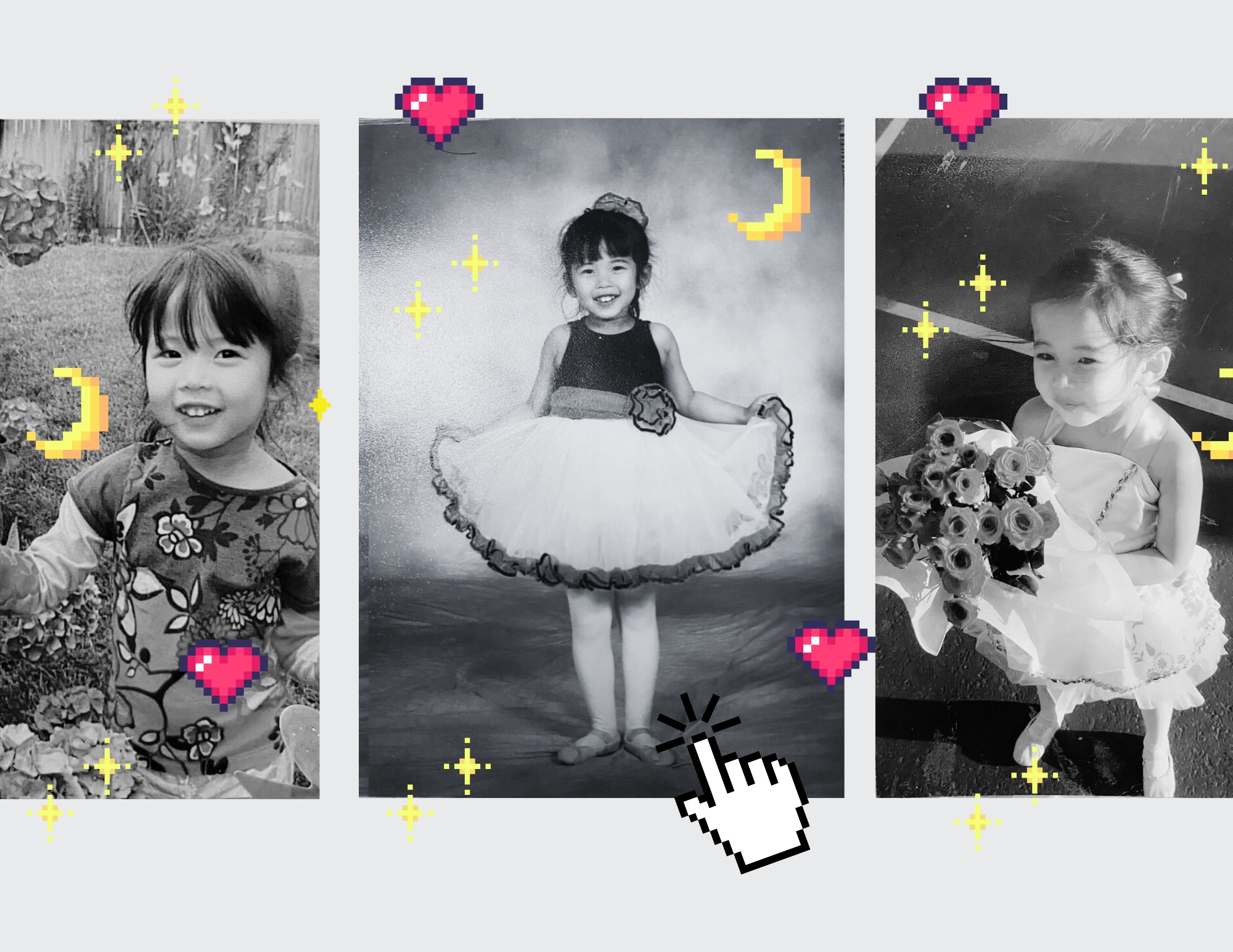
This fall, I read an article written 10 years ago. It included a quote from a college student torn between banking and opening a restaurant. Compulsively, I switched to a new tab and searched her name up. It took me seconds. She ended up doing what she had hoped, by the way. She runs a restaurant in NYC now.
This internet search reflex has become a means of time travel. There is freedom in experiencing the future as the present. While the next screen loads, I hope they had their questions answered, doubts assuaged or dreams realized. I hope you made it.
….
If I read an interesting quote in an article that is over five years old, there is a high chance I will Google the author.
Pulling up a stranger’s digital footprint is akin to grabbing a random bag from the baggage claim and rummaging through its contents. When I do my research, I go on Incognito mode. This is undeniably silly, since no one is looking through my search history. But it does feel like I’m committing an invasion of privacy. It feels like flipping to the last page of a book or skipping to the last scene of a movie, like I’m cheapening the years that have passed. Almost, but not quite.
It’s hard for me to connect those words, frozen in the annals of the internet, to the former versions of people. The publication date is irrespective; their words are there, sitting right in front of me. I can see them! The author and the quote are facing off, just on the other side of my screen. They exist in the now.
I am more likely to research people if they staked a claim, were young when speaking (my age, preferably), or expressed uncertainty about their future.
We do not know each other and will likely never meet, but I recognize them. I like to see that the strangers in the articles had some sort of path that they went down, good or bad. As a self-professed worrier on these issues of the future, it is comforting to know that the murk clears one day.
Yet, for all of my peeking into the futures of strangers, I pay surprisingly little mind to my own digital footprint. With all of the talk about the newest heights that technology has reached, the internet has always felt new and present, even though I’ve spent almost 20 years growing up with it.
In person, I give more attention to my image. I am more likely to be swept away by my stream of thoughts. I am scatterbrained and a touch more serious. I do think about my clothing, my makeup and how I speak. I am more selective with my words and less likely to speak in certainties. I’ve pieced together different conversation scripts and ways to introduce myself. I return to self-curation again and again because I want this version of myself to be exactly what I choose.
While online, I must be several orders of magnitude less high-strung. In doing so, I’ve left a paper trail (ha ha). At Yale, I’ve met people who remember me from group chats or online competitions or some other place I decided to park myself to kill a few hours.
As I begin writing more in college, I imagine my pieces collecting like snow drifts on the side of a road. I find myself at my most honest in writing, both online and in my notebooks.
It’s still awkward to find someone who’s seen part of my digital footprint, but the appeal of the imperfect introduction online is interesting. To exist online is to relinquish some control over the separation between your past and your future. All of those different versions of me, at once, together.







